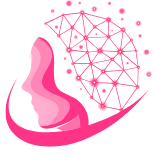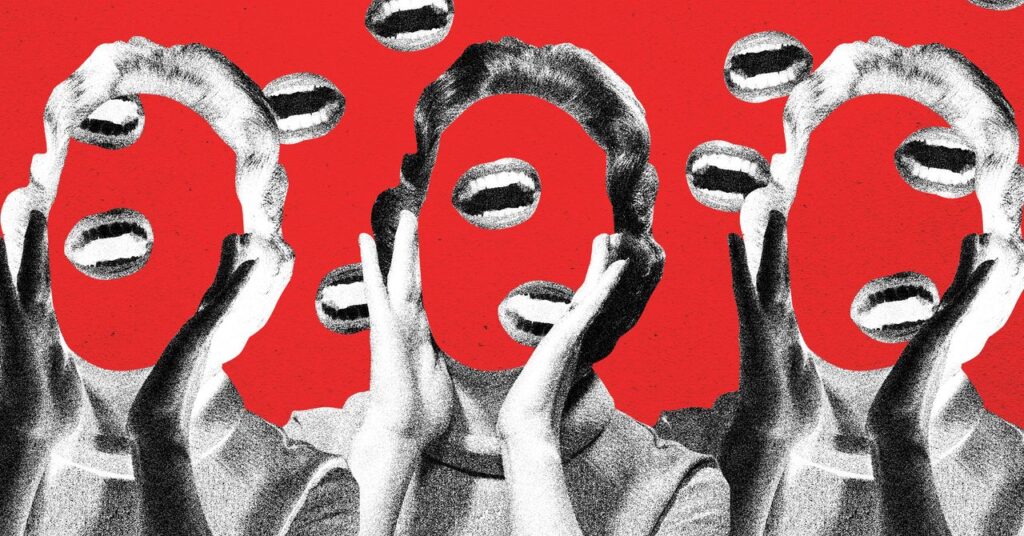A new trend It is emerging in psychiatric hospitals. Crisis people arrive with false, sometimes dangerous, grandiose delusions and paranoid thoughts. A common thread connects them: Marathon conversations with Ai Chatbots.
Wired spoke with more than a dozen psychiatrists and researchers, who are becoming more and more concerned. In San Francisco, UCSF psychiatrist Keith Sakata says that he has had a dozen cases that are serious enough to justify hospitalization this year, cases where artificial intelligence “played a significant role in his psychotic episodes.” As this situation unfolds, a more attractive definition has taken off in the headlines: “AI psychosis”.
Some patients insist that the boats are sensitive or they rotate new theories of physics. Other doctors explain the patients closed in days of receding with the tools, arriving at the hospital with thousands of pages of transcripts that detailed how the boats had supported or reinforced obviously problematic thoughts.
Reports like this accumulate and the consequences are brutal. Anguish users and family and friends have described spirals that caused lost jobs, broken relationships, involuntary hospital admissions, prison time and even death. However, clinicians say in Wired that the medical community is divided. Is this a different phenomenon that deserves its own label or a family problem with a modern trigger?
AI psychosis is not a recognized clinical label. However, the phrase has spread on social media and social media as a recruitment descriptor for some kind of mental health crisis after prolonged chat conversations. Even industry leaders invoke it to discuss the many emerging mental health problems related to the AI. In Microsoft, Mustafa Sueyman, CEO of the Ai Division of the Technology Giant, warned in a blog post last month of the “risk of psychosis”. Sakata says she is pragmatic and uses the phrase with people who already do it. “It is useful as a stain to talk about a real phenomenon,” says the psychiatrist. However, it will be added to add that the term “can be misleading” and “risks overcome complex psychiatric symptoms”.
This overdication is exactly what many of the psychiatrists who are beginning to face the problem.
Psychosis is characterized as a way out of reality. In clinical practice, this is not a disease, but a complex “constellation symptoms that includes hallucinations, thought disorder and cognitive difficulties,” says James Maccabe, a professor at the King’s College London Psychosis Studies Department. He is often associated with health conditions such as schizophrenia and bipolar disorder, although episodes can be triggered by a wide range of factors, including extreme stress, use of substances and sleep deprivation.
But according to Maccabe, the case reports of AI psychosis focus almost exclusively on delusions, in a significant way, but false beliefs that cannot be shaken by contradictory evidence. Although recognizing some cases, it may fulfill the criteria for a psychotic episode, Maccabe says that “there is no evidence” that AI has any influence on the other characteristics of psychosis. “They are only the delusions affected by their interaction with the IA.” Other patients who report mental health problems after relating to the Chatbots, Maccabe Notes, have delusions without any other psychosis feature, a condition called delusional disorder.



